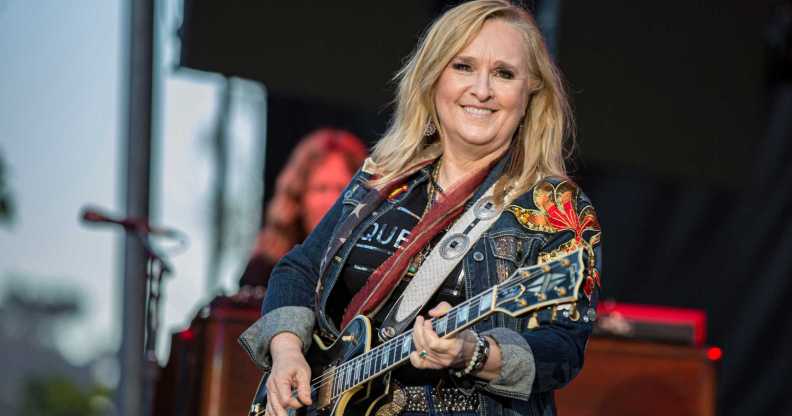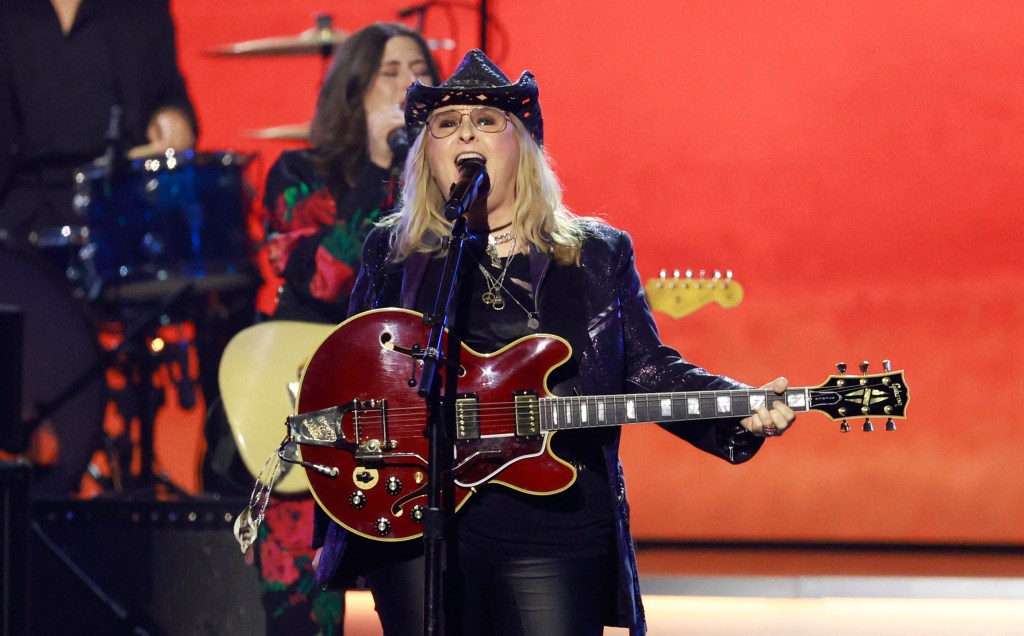Melissa Etheridge says queerness ‘protected’ her from sexual harassment in music industry

Melissa Etheridge says her queerness protected her (Daniel Knighton/Getty Images)
Lesbian rock legend Melissa Etheridge has written about what it was like to be an out gay woman early on in her career, and the ways in which her queerness was an asset.
To mark International Women’s Day last week (8 March), digital musical company Tunecore released its fourth annual Be The Change: Gender Equity In Music report, which aims to highlight the challenges women and non-binary people face in the music industry.
The latest report features a forward by Etheridge, in which she said being a woman comes with “its own set of obstacles, both seen and unseen… ranging from unequal pay and a diminished sense of autonomy, to the countless cases of sexual harassment and abuse that have come to light in recent years from all corners of the industry”, adding that: “These obstacles are compounded for women of colour and gender-expansive individuals.”
Early in her career, Etheridge found steady work in Los Angeles’ lesbian bars so “when I entered the music industry, it was already known that I was gay”.
This changed the way people in the sector responded to her, the “Thunder Road” singer, now 62, said.
“I didn’t experience the same sexual harassment as straight women in the industry. Men stood back and didn’t know how to deal with me. So, in a way, my queerness protected me.”

Etheridge famously came out publicly in 1993 at an LGBTQ+ event to mark Bill Clinton’s inauguration.
“I’ve been around in the music industry for over 40 years now, long enough to see how far women and gender-expansive musicians have come,” she continued.
“It’s really important to give thanks for that so that this work doesn’t feel impossible. It used to be that people were either straight or gay, now there’s a beautiful rainbow, a whole sphere of beings and ways of being, and it’s important to celebrate that.
“The best thing to do is not to make it an issue of us against them. People are sometimes driven by their own misunderstanding and fear, so if you become the love you want to see, we hope they will feel that and change.”
The forward concludes by asserting that the “history of our industry does not have to be a vision of its future” and a hope that everyone can work together to create a better music industry in which all can thrive.
“From the stage, to the studio, to the boardroom, we each have a part to play to make that vision a reality. It’s on all of us to take action to combat discrimination in all forms. Inclusivity is a necessary ingredient for our industry to thrive.”
Her debut album, Melissa Etheridge, was released in 1988, and “Come to My Window” – a 1993 track dear to the hearts of many the lesbians – from her fourth studio album, Yes I Am, released shortly after she came out, won a Grammy and reached number 25 on the US Billboard Hot 100.
In 2019, Billboard included the hit on its genre-spanning list of 30 great lesbian love songs.

